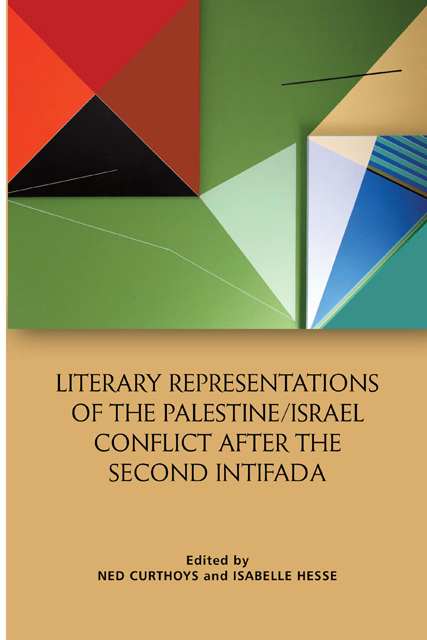11 - Feeding Words with Sugar: Resurrecting Palestine in Children’s Picture Books from Egypt
Published online by Cambridge University Press: 07 June 2023
Summary
The poet Mahmoud Darwish (1964–2008) is regarded widely as ‘the voice of Palestine’ (N. Bernard 52) and ‘one of the finest poets of his entire generation’ (R. Khalidi, ‘Remembering’ 75). His goal was to prevent those who had colonised the land from ‘colonizing memory’ (Abu Eid 64). Today, one way of preventing such colonisation of memory is by teaching children about, and reminding adults of, the modern history of Palestine, mainly the 1948 catastrophe known as al-nakba, and its subsequent Palestinian struggle and displacement, which continue into the present. In his poem ‘al-ward wal Qamus’ (‘The Rose and the Dictionary’), Mahmoud Darwish writes,
No matter what happens, I must refuse to die
Even if my legends do
I am searching into ruins for light, for new poetry
… how would all these words breathe! How would they sprout? How would they grow? We still are feeding them with memories, tears, metaphors, and sugar! (Darwish, Akhr al-layl 10)
This chapter analyses how an Egyptian illustrator, Sahar Abdallah, and an Egyptian publisher, Tanmia, use picture books to give Mahmoud Darwish the ‘new poetry’ of which he had endlessly dreamt. The chapter investigates an Egyptian artistic reinvention into picture books of three poems originally written for adults by Darwish. The poems are entitled ‘ila Ummi’ (‘To My Mother’; 1966); ‘hakadha qalat ash-shajaratu al-muhmalah’ (‘According to the Neglected Tree’; 1977); and ‘Fakkir bi-ghayrika’ (‘Think of Others’; 2005). It also considers how the emergent genre of children’s picture books can help Darwish, and Palestinians, to ‘refuse to die’ in oblivion, and to stay vivid in a troubled region where voices calling for resistance to the Israeli occupation are getting fewer every day. These books, addressing readers of all ages, are written and published against, and in spite of, deliberate attempts to erase Palestinian history.
Haim Bresheeth notes that ‘the narrative of Palestine in the cultural arena carved out by Zionism is, first and foremost, a story of erasure, denial, and active silencing by historians and intellectuals’ (179). Such Zionist erasure does not find adequate resistance in Egypt, especially following the ‘Arab Spring’, which placed the individual and the collective challenges of Egyptians before the Palestinian struggle.
- Type
- Chapter
- Information
- Publisher: Edinburgh University PressPrint publication year: 2022



